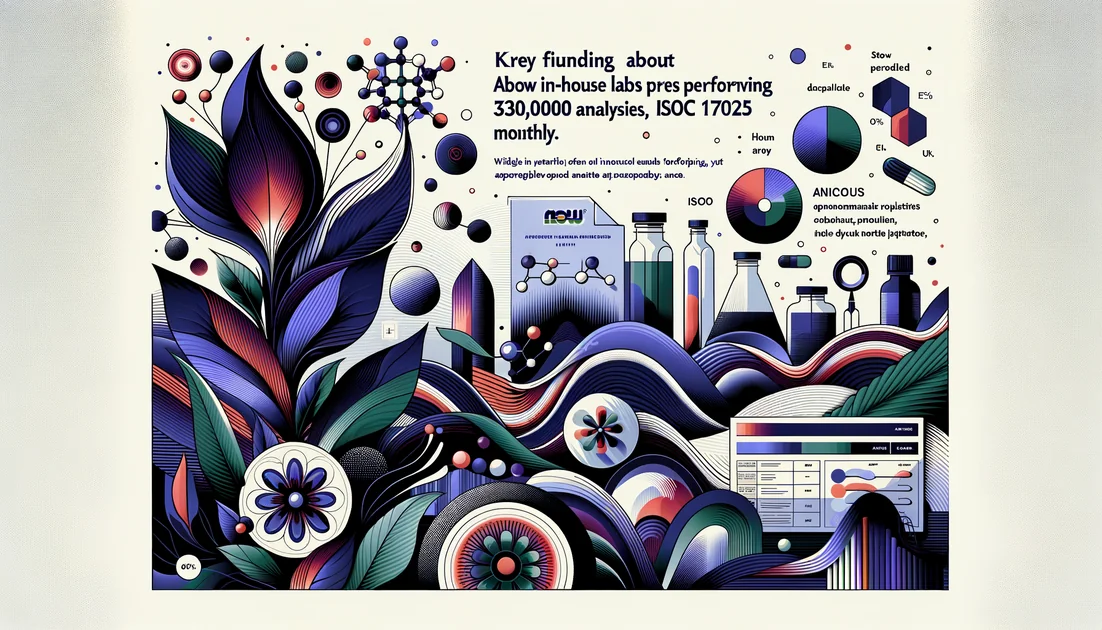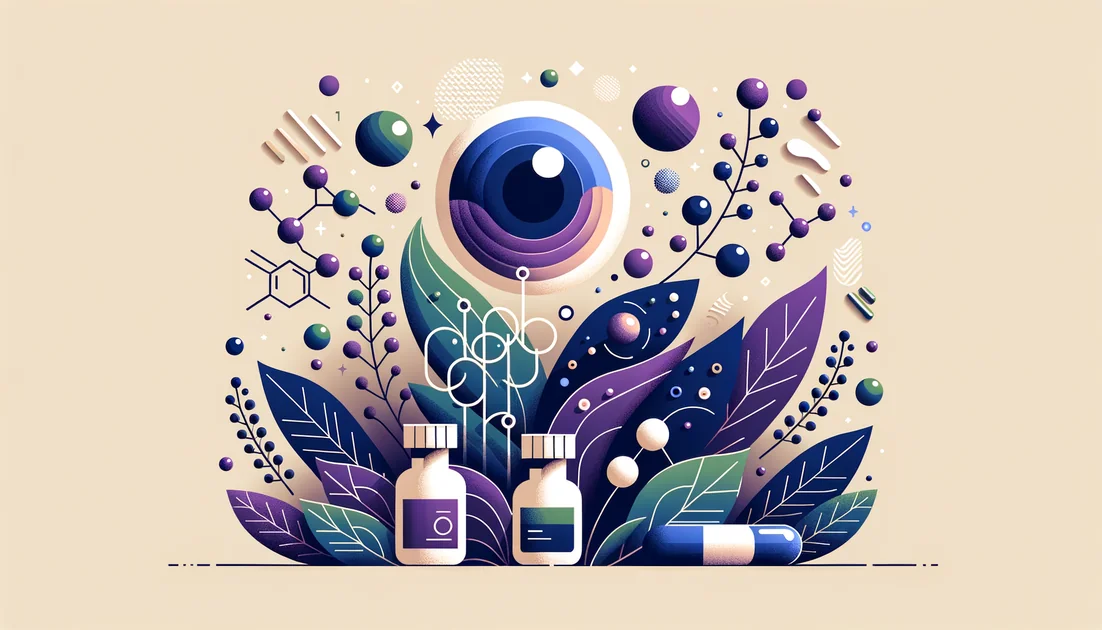
Top 8 Evidence-Based Recommendations
We read 30+ recent randomized trials and meta-analyses on attention, working memory, and processing speed—not anecdotes. Below is a decisive, dose-specific ranking with [^] citations, no affiliate fluff.
Quick Reference Card
L-theanine (100–200 mg) + caffeine (40–160 mg)
Citicoline 250–500 mg/day
Saffron extract 20–30 mg/day
Creatine monohydrate 3–5 g/day
Omega-3 EPA + DHA 1–2 g/day (≥4 months)
Bacopa monnieri 300 mg/day (8–12 weeks)
Show all 8 supplements...
L-Tyrosine 500–2,000 mg pre-stress
Panax ginseng 200–400 mg/day
Ranked Recommendations
#1L-theanine + caffeineTop Choice
Calm focus in 30–60 minutes—without the jitters
Dose: 100–200 mg L-theanine + 40–160 mg caffeine, taken together
Time to Effect: 30–60 minutes
How It Works
Evidence
Needing immediate, steady focus for 1–3 hours (studying, meetings)
Caffeine can worsen anxiety or sleep; avoid late-day dosing.
#2Citicoline (CDP-choline)Strong Alternative
Choline that actually shows up as better executive control
Dose: 250–500 mg daily
Time to Effect: 1–4 weeks
How It Works
Evidence
Desk workers with mental fatigue or older adults needing cleaner cognitive control
May cause mild headache or GI upset if starting high.
Take in the morning; if you already eat >2 egg yolks/day, start at 250 mg.
#3Saffron extract (Crocus sativus)Worth Considering
The surprising ADHD rival—tiny dose, big attention upside
Dose: 20–30 mg/day standardized extract (crocins)
Time to Effect: 2–6 weeks
How It Works
Crocin/crocetin may modulate monoamines and anti-inflammatory pathways, improving attention networks implicated in ADHD. [8]
Evidence
People with inattentive symptoms or stimulant side-effect issues
Rare GI upset; check for adulteration—buy standardized extracts.
Split 15 mg twice daily with food to minimize nausea. [7]
#4Creatine monohydrate
Cellular energy for sustained attention (and it's cheap)
Dose: 3–5 g/day (any time)
Time to Effect: 1–4 weeks
How It Works
Boosts brain phosphocreatine buffering—helping neurons sustain firing during demanding tasks, improving processing speed and attention time. [12]
Evidence
2024 meta-analysis of 16 RCTs found small but significant benefits on attention time and processing speed (and memory), especially in 18–60 y/o and females. [12]
Long workdays, vegetarians/vegans, or high mental workload
Water weight possible; hydrate.
Micronized creatine mono with a meal; no loading needed. [12]
#5Omega-3s (EPA + DHA)
Slow-burn attention support—especially with time
Dose: 1–2 g/day combined EPA+DHA with meals
Time to Effect: 8–16 weeks
How It Works
Incorporates into neuronal membranes and modulates inflammation; longer courses may improve attention regulation. [6]
Evidence
Meta-analysis of 22 RCTs: null overall for ADHD core symptoms, but trials ≥4 months showed moderate benefit; high-EPA ratios didn't outperform. [6]
Those willing to play the long game; low fish intake
Fishy burps; consult clinician if on anticoagulants.
Take with a fat-containing meal; consistency for ≥4 months matters. [6]
#6Bacopa monnieri (standardized)
Fewer "tabs open": better speed of attention over weeks
Dose: 300 mg/day standardized to ~45–55% bacosides
Time to Effect: 4–8+ weeks
How It Works
Evidence
Distractibility and mental clutter when you can wait weeks
Can cause GI upset; take with food.
#7L-Tyrosine
Stress-buffer for focus when the heat is on
Dose: 500–2,000 mg 60 minutes before stressful tasks
Time to Effect: 60–90 minutes (acute)
How It Works
Evidence
All-nighters, exams, cold exposure, or multitasking strain
May worsen performance in some tasks; avoid late evening if stimulating.
#8Panax ginseng (ginsenosides)
Mild attention lift—helpful, not magical
Dose: 200–400 mg extract (3–5% ginsenosides) daily
Time to Effect: 1–4 weeks (sometimes acute hours)
How It Works
Evidence
Those wanting a gentle, traditional option with broad cognitive tone-up
May interact with warfarin; can cause insomnia if taken late.
Morning dosing; consider short cycles (e.g., 8–12 weeks).
Common Questions
What's the fastest supplement for focus?
L-theanine + caffeine works within 30–60 minutes. Creatine won't help acutely but supports attention over weeks. [2][12]
Best supplement for ADHD-type inattention if I'm stimulant-sensitive?
Consider saffron extract (20–30 mg/day) and omega-3s; saffron matched methylphenidate in a small 6-week RCT. [7][6]
How long until bacopa works?
Expect 4–8+ weeks for noticeable attention-speed improvements. [13]
Is more EPA better for attention?
Not necessarily—meta-analysis found high-EPA ratios didn't outperform; duration (≥4 months) mattered more. [6]
Do I need choline if I eat eggs?
Maybe not; try lower-end citicoline (250 mg) or skip if you already eat choline-rich foods and feel fine. [10]
Timeline Expectations
Fast Results
- •
L-theanine + caffeine (30–60 min)
- •
L-Tyrosine (pre-stress, ~60–90 min)
Gradual Benefits
- •
Omega-3s (≥8–16 weeks)
- •
Bacopa (≥4–8 weeks)
- •
Creatine (1–4 weeks)
Combination Strategies
Deep Work 90-Min Stack
Components:L-theanine 200 mg + Caffeine 75–100 mg + Citicoline 250 mg
Synergizes alertness (caffeine) with calm focus (theanine) and acetylcholine support (citicoline) for cleaner attention and fewer distractors. Backed by RCTs on theanine+caffeine and executive measures with citicoline. [2][3][11]
Take all 30–45 minutes before the session; repeat once after 3–4 hours if needed (halve caffeine after noon).
Long-Game Attention Rebuild
Components:Omega-3 EPA + DHA 1–2 g/day + Bacopa monnieri 300 mg/day + Creatine monohydrate 3–5 g/day
Membrane/anti-inflammatory support (omega-3), gradual attention-speed gains (bacopa), and cellular energy (creatine) target complementary bottlenecks over weeks. [6][13][12]
Daily with meals (omega-3, bacopa) and any time (creatine); reassess at 8–12 weeks.
Stimulant-Light ADHD Support
Components:Saffron extract 15 mg twice daily + Omega-3 EPA + DHA 1–2 g/day
Saffron showed RCT parity with methylphenidate over 6 weeks in children; omega-3 may add incremental benefit with longer duration. [7][6]
Saffron with breakfast/dinner; omega-3 with the largest meal; review at 6–12 weeks.
You might also like
Explore more of our evidence-led investigations, comparisons, and guides across every article style.

NOW Foods (NOW Health Group)
NOW Foods: The Testing Standard at Value Prices—With a Transparency Blind Spot



L-Methionine
You're told to eat your protein because it contains essential amino acids—yet, in labs around the world, scientists extend lifespan in animals by dialing one of those amino acids down. Meet L-methionine, the body's sulfur-bearing starter pistol for protein building—and the subject of a century-long plot twist.


Tocotrienols
The stealthier cousins of vitamin E—built with springy tails that move differently in cell membranes and behave differently in your body.














